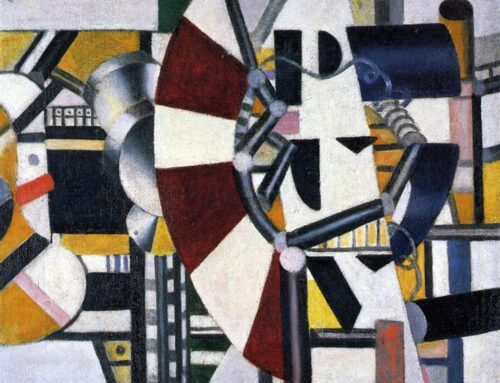The mission and meanderings of learning: thoughts on the purpose of education 2000 years ago.
You have been wishing to know my views with regard to liberal studies. My answer is this: I respect no study, and deem no study good, which results in money-making. Such studies are profit-bringing occupations, useful only in so far as they give the mind a preparation and do not engage it permanently. One should linger upon them only so long as the mind can occupy itself with nothing greater; they are our apprenticeship, not our real work. Hence you see why “liberal studies” are so called; it is because they are studies worthy of a free-born gentleman. But there is only one really liberal study – that which gives a man his liberty. It is the study of wisdom, and that is lofty, brave, and great-souled. All other studies are puny and puerile. You surely do not believe that there is good in any of the subjects whose teachers are, as you see, men of the most ignoble and base stamp? We ought not to be learning such things; we should have done with learning them.
Certain persons have made up their minds that the point at issue with regard to the liberal studies is whether they make men good; but they do not even profess or aim at a knowledge of this particular subject. The scholar busies himself with investigations into language, and if it be his desire to go farther afield, he works on history, or, if he would extend his range to the farthest limits, on poetry. But which of these paves the way to virtue? Pronouncing syllables, investigating words, memorizing plays, or making rules for the scansion of poetry, what is there in all this that rids one of fear, roots out desire, or bridles the passions? The question is: do such men teach virtue, or not? If they do not teach it, then neither do they transmit it. If they do teach it, they are philosophers. Would you like to know how it happens that they have not taken the chair for the purpose of teaching virtue? See how unlike their subjects are; and yet their subjects would resemble each other if they taught the same thing….
“But it is a pleasure to be acquainted with many arts.” Therefore let us keep only as much of them as is essential. Do you regard that man as blameworthy who puts superfluous things on the same footing with useful things, and in his house makes a lavish display of costly objects, but do not deem him blameworthy who has allowed himself to become engrossed with the useless furniture of learning? This desire to know more than is sufficient is a sort of intemperance. Why? Because this unseemly pursuit of the liberal arts makes men troublesome, wordy, tactless, self-satisfied bores, who fail to learn the essentials just because they have learned the non-essentials. Didymus the scholar wrote four thousand books. I should feel pity for him if he had only read the same number of superfluous volumes. In these books he investigates Homer’s birthplace, who was really the mother of Aeneas, whether Anacreon was more of a rake or more of a drunkard, whether Sappho was a bad lot, and other problems the answers to which, if found, were forthwith to be forgotten. Come now, do not tell me that life is long! Nay, when you come to consider our own countrymen also, I can show you many works which ought to be cut down with the axe.
It is at the cost of a vast outlay of time and of vast discomfort to the ears of others that we win such praise as this: “What a learned man you are!” Let us be content with this recommendation, less citified though it be: “What a good man you are!” Do I mean this? Well, would you have me unroll the annals of the world’s history and try to find out who first wrote poetry? Or, in the absence of written records, shall I make an estimate of the number of years which lie between Orpheus and Homer? Or shall I make a study of the absurd writings of Aristarchus, wherein he branded the text of other men’s verses, and wear my life away upon syllables? Shall I then wallow in the geometrician’s dust? Have I so far forgotten that useful saw Save your time? Must I know these things? And what may I choose not to know?
Seneca, Letter to Lucilius, 88, trans. R.M. Gummere






Leave A Comment